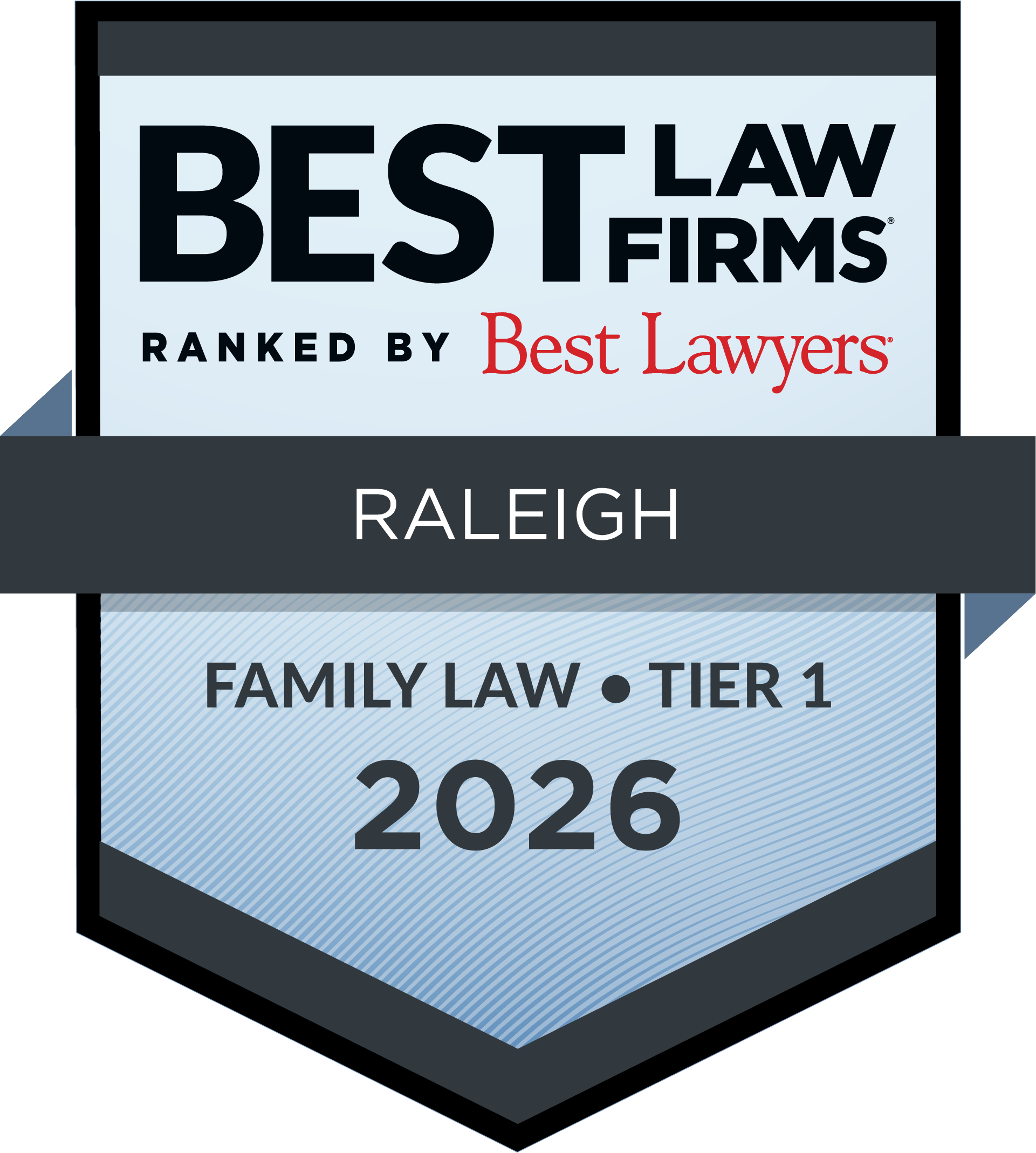Did you know that North Carolina recognizes more than just physical violence as domestic violence? Domestic violence is a “hot button” issue, especially when it comes to families and family court cases. Unfortunately, many families in North Carolina suffer from domestic violence, but what exactly is domestic violence and what can a person do to stop it?
North Carolina defines domestic violence as a certain type of behavior or acts that occur between people with certain relationships, such as spouses, former spouses, household members, people who have children in common, and others. The behavior and acts that are included as domestic violence are committing physical violence, causing fear of imminent serious bodily injury in the other person, and continually harassing a person so badly that the person suffers from substantial emotional distress. A person does not have to be physically abused in our state to qualify for a Domestic Violence Protective Order.
A Domestic Violence Protective Order is a special type of restraining order that is granted to a person who can show that they have suffered from any of those types of domestic violence by a person that falls into one of the categories listed above. It is not the same as “pressing criminal charges” against an abuser. Instead, it requires a civil court hearing, which, in Wake County takes place in a completely different courthouse than the criminal courthouse, during which the victim (or Plaintiff) tells the judge about the domestic abuse that has occurred and requests a one-year restraining order against their abuser.
The Domestic Violence Protective Order can require the abuser to stay away from the person who filed and that person’s home, job, and children if necessary. It can also grant the victim possession of their house (if the abuser is a spouse or live-in dating partner), possession of a vehicle, or even temporary custody of their children.
Many counties in North Carolina have a designated domestic violence courtroom that solely deals with the granting and renewing of these special types of restraining orders.
If you or someone you know is experiencing domestic violence in their household, by a former partner, or from their child’s other parent, that person should contact an attorney to help them seek a Domestic Violence Protective Order. If consulting with a private attorney is not an option for you or the person you know, Legal Aid of North Carolina has over fifteen offices across the state and can help. Many counties also have non-profit domestic violence shelters and organizations that may be able to help you file. In Wake County, a commonly consulted provider for domestic violence services is InterAct located on Oberlin Road.
Our attorneys at Wake Family Law Group are well-versed in the laws regarding Domestic Violence. Please contact us if we can assist you or someone you know.

